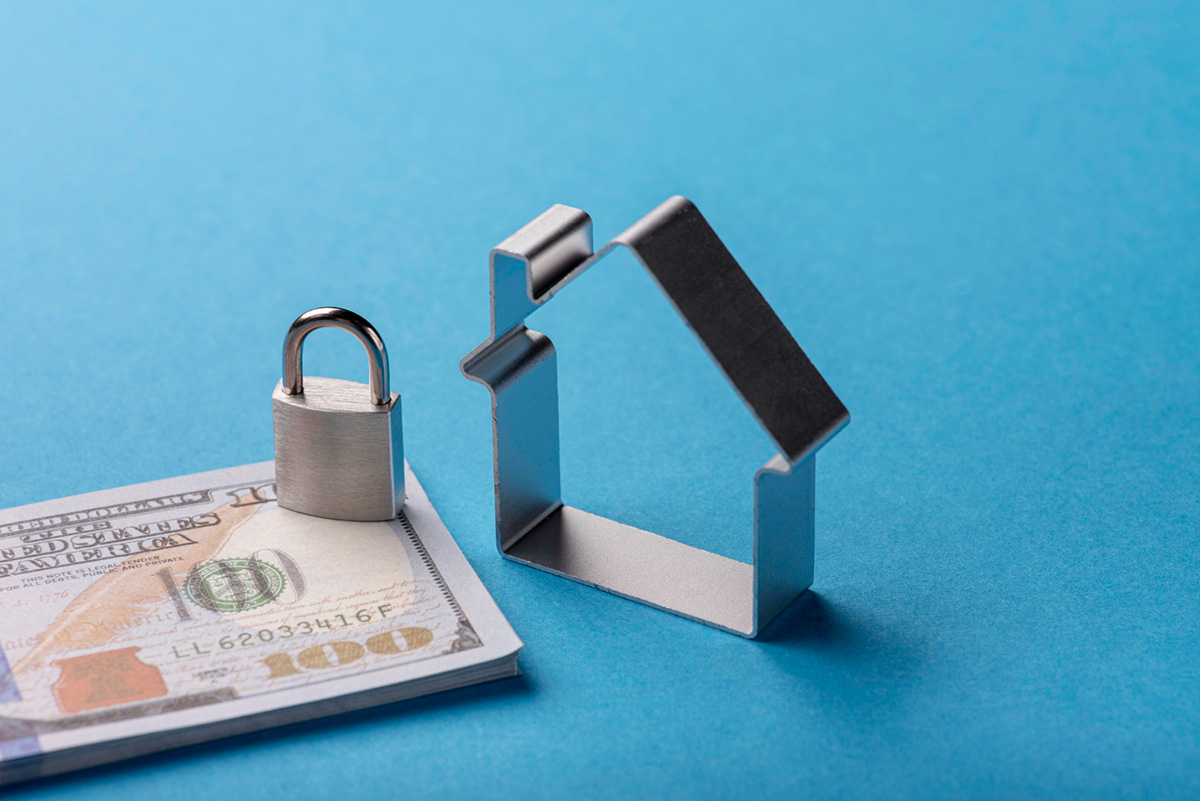
Renting an apartment can be a daunting task, especially for those who are doing it for the first time. One of the most intimidating aspects of renting is the security deposit. As a tenant, it's important to know what a security deposit entails and how it can affect you. In this blog post, we will explain everything you need to know about security deposits before you rent an apartment.
A security deposit is a payment made by a tenant to a landlord at the beginning of the lease term. This payment serves as collateral for any damages that may occur to the property during the lease term. If no damages occur, the security deposit must be returned to the tenant at the end of the lease term.
The amount of security deposit a landlord can charge varies by state. In Florida, landlords can charge up to one month's rent as a security deposit. However, if the tenant has a pet, the landlord may require an additional pet deposit. It's important to research the rules and laws in your state to know what is allowed.
Landlords have up to 15 days after the lease ends to return the tenant's security deposit. If the landlord intends to keep any or all of the security deposit, they must provide an itemized list of damages and the costs associated with them. If the landlord fails to send the security deposit or itemized list within 15 days, they may be liable for additional damages.
The best way for tenants to protect their security deposit is to thoroughly document and report any damages at move-in. Conducting a walkthrough with the landlord or property manager and taking pictures of any damages can serve as evidence if a dispute arises at the end of the lease term.
No, landlords cannot use security deposits to cover unpaid rent. Security deposits are meant to cover damages, not rent. If a tenant owes rent at the end of the lease term, the landlord may pursue legal action.
Security deposits are an important aspect of renting an apartment that should not be taken lightly. Knowing what a security deposit is, how much landlords can charge, when to expect to get it back, and how to protect it can make the renting process smoother and less stressful. Tenants should always read their lease agreement and understand their state's laws before signing any contracts. By being informed and prepared, tenants can successfully navigate the security deposit process. If you are looking for apartments in Yulee, FL, contact The Lofts at Wildlight today to schedule a personal tour.